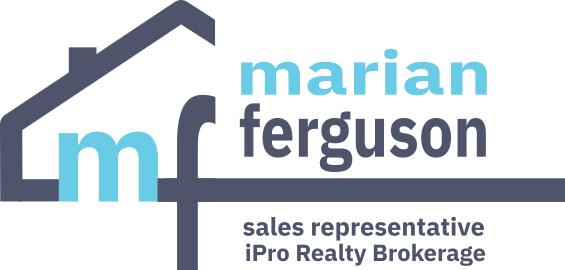Closing costs are those additional expenses that are due when you complete the purchase of your home. In addition to the downpayment, the buyer must be prepared to pay for taxes, insurance and other purchase costs.
1. Your Down Payment
Obviously the Buyer will be required to pay the Seller the amount agreed. At the time the offer was accepted, the buyer will have paid a deposit amount (usually around 5%). This deposit sits in a trust account until the house is ready to change ownership. The lawyer will take the deposit and apply it towards your down payment. You’ll have to provide the balance of the down payment to your lawyer
2. The Mortgage
Most Buyers need to arrange for a mortgage to cover the cost of a house purchase. There may be fees charged by the lender for the mortgage appraisal and possibly for bridge financing if this is required. If the down payment is less than 20%, then you will also have to pay for mandatory Mortgage Default Insurance but this is typically added to the mortgage amount and is not required to be paid upon closing. The lawyer will use your new mortgage to first pay off any old mortgage that is on the title of the property (i.e. the Seller’s mortgage). Then the lawyer will register the new mortgage against the title of the property and use it to pay the Seller.
3. Land Transfer Tax (LTT)
The dreaded Land Transfer Tax is payable by the Buyer whenever a property changes hands, whether the property is new or resale. This substantial tax is due upon closing.
In Ontario, all properties must pay the Provincial Land Transfer tax .
Buyers of property within the City of Toronto must pay the Toronto Land Transfer tax in addition to the Ontario LTT.
Happily, First-Time home buyers can enjoy some rebates. The First Time home buyer may qualify for a maximum $4475 rebate on the Toronto LTT, and a maximum $4000 refund on the Ontario LTT.
4. HST on New Homes
The purchase price of resale homes are exempt from the HST. The purchase price of newly constructed homes are subject to HST (13%) and it is due on closing. Often the builder will pay the HST on closing but this must be negotiated. If you are buying a new home, make sure to understand who will be responsible for paying the HST at closing.
Buyers of new homes can apply for government rebates of a portion of the hst.
5. Title Insurance (Optional)
Buyers often encounter the option of purchasing Title Insurance for the first time when they are signing documents at their lawyer’s office. The word “title” refers to a person’s ownership interest in their property. By purchasing title insurance, homeowners are protecting their ownership to their property, and their lender’s priority in the mortgage against losses arising from various title and off-title risks. There is a one-time price for this insurance and it varies depending on the price of the property. Here is Title Insurance quote from FCT to give you an idea of the cost.
Two interesting articles from the Toronto Star will illustrate the importance of obtaining Title Insurance.
Title insurance as protection against home defects and problems – thestar.com
Title insurance as protection against fraud – thestar.com
6. Legal Fees
A lawyer will charge a fee for their professional services involved in drafting the title deed, preparing the mortgage, and conducting the various searches to make sure there are no outstanding liens against the property and that the Seller actually owns the property. Also charged are out-of-pocket expenses incurred, such as registrations, searches, supplies, etc. HST is payable. Typically the legal fee will be around $1200-$1500 plus HST.
7. Disbursements
The Buyer will be required to reimburse the seller for any prepaid property taxes or utility bills.
